Description
Never Again A new anthology of poems and reflections on the Great War, 1914-18
We have been approached by a large number of schools to produce a commemorative book with a difference to mark the centenary of the end of the 1st World War. So we have been in discussion with a range of schools, junior and senior, independent and maintained, teachers and pupils, about how to produce something of real value for today’s young people.
As a result of these requests and discussions we have produced a small volume which schools can give to every pupil. The book includes a brief description of the First World War, touching on its impact on men and women, young and old, across the Commonwealth.
Never Again An anthology of poems and reflections on the end of the Great War, 1914-1918 includes literature from World War One, covering not just the best known poets but also the voices of the ordinary soldier, the children, the women, the Commonwealth soldiers, the conscientious objectors, and even noting the impact on animals who had no voices. The message will go way beyond the First World War and will resonate for, and be relevant to, all young people today.
There are many ways for pupils to engage with the book’s thought provoking content – from weekly readings in morning assemblies, to integrating material into English, History and RS lessons.
What’s inside – Chapters

Introduction When Europe erupted into war in September 1914, the belief was that it would be ‘over by Christmas’. On troop-trains leaving Waterloo Station optimistic soldiers help up signs saying ‘To Berlin’; the trains leaving Berlin had similar signs reading’ Paris’. The atmosphere was one of patriotic exuberance, excitement and adventure – the chance for young men to prove themselves. This chapter gives an overview of the war and how every social group, family and school were affected.

Visions of Glory In the months leading up to the declaration of war in September 1914, the mood in the country was one somewhere between disbelief and excitement. Many of the young, particularly those who were still at school and members of various officer training corps, seemed to look on the possibility of war as a great adventure. The chapter features pictures from schools showing their Officer Training Corps training for the war.

Off to Fight The reality of war was rather different to what the young men and women were expecting or led to expect. People reacted in different ways to the horrors of the trenches and views changed as the war dragged on. Much of the early material we have reflects an optimistic view of the situation, even in those such as Sassoon who was later to turn his pen to exposing the true horrors of war. This chapter contains images of cheerful troops and women signing up to do their bit.

The Bitter Truth As the War dragged on, the reality of the horrors being endured on both sides emerged. This chapter contains commentary from both those fighting and those left at home. Letters home from British and Commonwealth soldiers and newspaper reports. Poems written by both men and women including Wilfred Owen, Ruth Comfort Mitchell and Helen Hamilton as well as images from schools showing pupils before they went off to war.

Those Left Behind The effects of the War on those who fought are obvious, and terrible, and most of the poetry that emerged from these years tells the tale from the viewpoint of the fighter, typically male. But the impact on those left behind at home, typically female, was also very great.

Walking With The Wounded The 1st World War was the first industrial war and exposed soldiers to a level of trauma never previously imagined. In the early years of the War, soldiers were sent home from the front suffering from the effects of what came to be known as shell-shock, but that was set to change, sending men home to be treated with sympathy far away from the front line was frowned upon; it set a dangerous precedent. This chapter tells how the wounded, both physically and mentally, were treated.

Cowards And Deserters With people’s understanding of what we call PTSD so limited, and with the Army keen to suppress any view of the condition that might lead men being encouraged to leave their posts at the front, it is perhaps not surprising that the military authorities took a very hard line on the question of cowardice and desertion. Cowards and Deserters? talks about those charged with cowardice or desertion and how they were treated. The fate of conscientious objectors is also covered in this chapter.

Aftermath The terrible effects of the war on those who lived through it lasted long after the Armistice of 1918. Decorated heroes, returning to their families after the war, would often suffer a form of mental breakdown as they attempted to reintegrate into normal civilian life.This chapter tells of the suffering of those returning from the war and how it affected their lives.
Comments received from schools that have seen the book
“No one who fought in World War One is still alive. For the young people studying the ‘war to end all wars’ the horrific events of 1914-18 took place four generations ago. In the uncertain times we live in, the legacy of the war is still very much alive. It is important we never forget and this volume is an important contribution to the commemoration and to the ongoing debate about the true legacy of the war.”
Patrick Derham Head Master, Westminster School
‘I think it’s a fantastic collection and historical record. A superb range and selection of poetry, historically detailed but not too factually ‘heavy’. A sensitive balance of themes and chapters. It definitely gets my thumbs up.
Sarah Wallace, Head of English, Highfield Prep School
Wow! What a powerful volume. I really like the manner in which all has been gathered and presented; the history, superb, the poems and texts supporting brilliantly. Congratulations to Nicholas and all the team. This will be a seminal production and a must for many.
Richard Merriman, Headmaster, Foremarke Hall

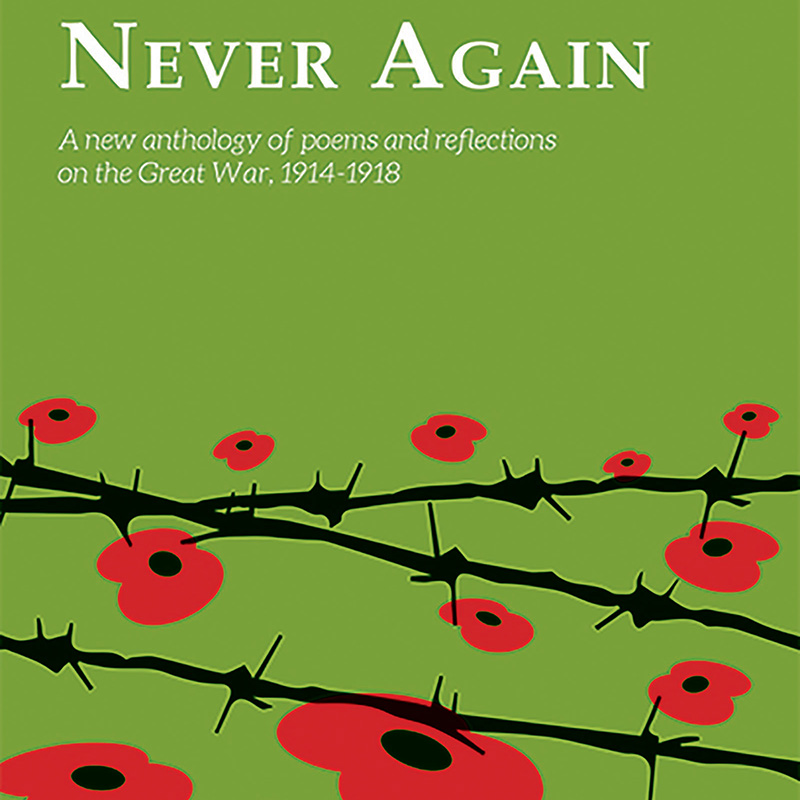
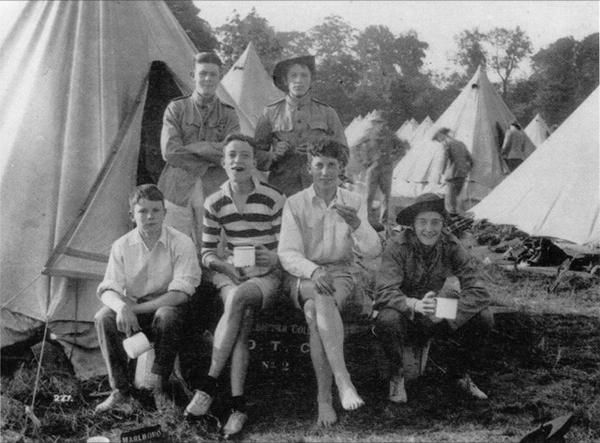
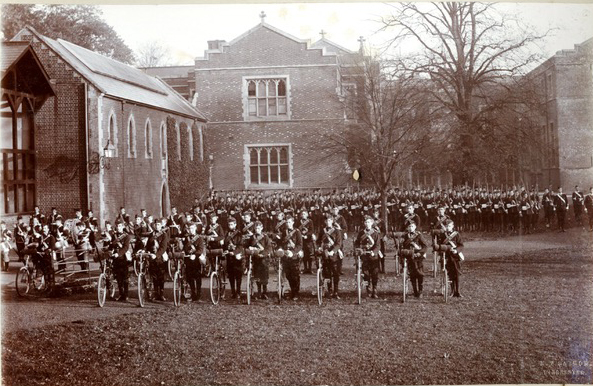
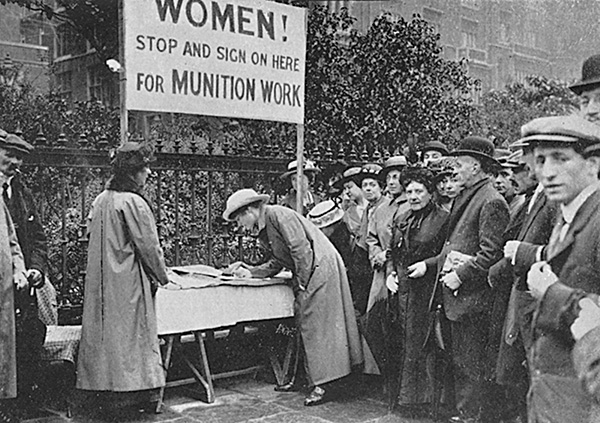
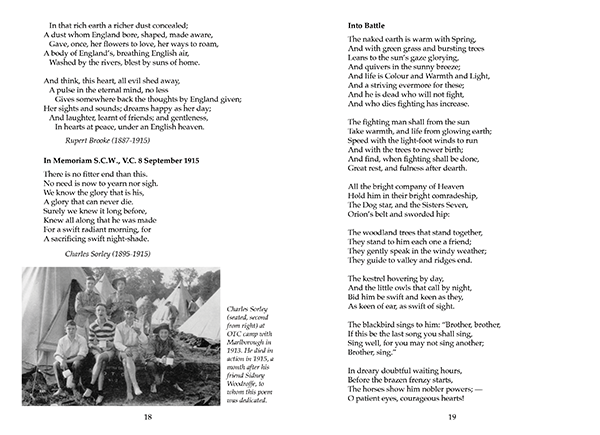
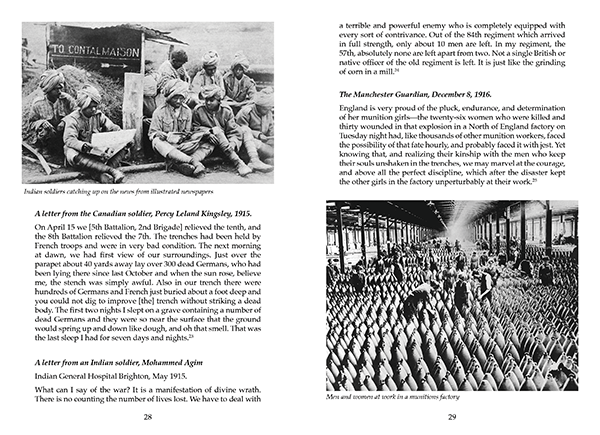
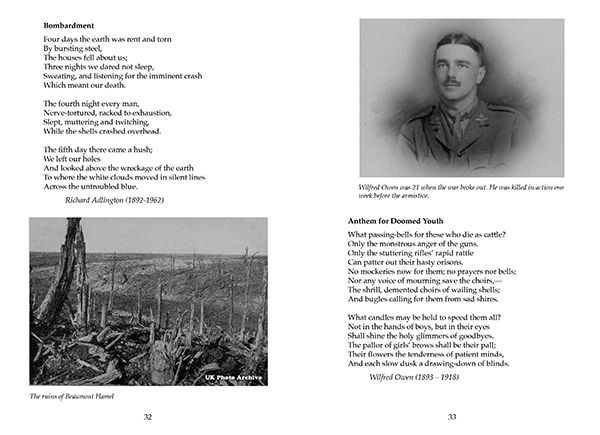
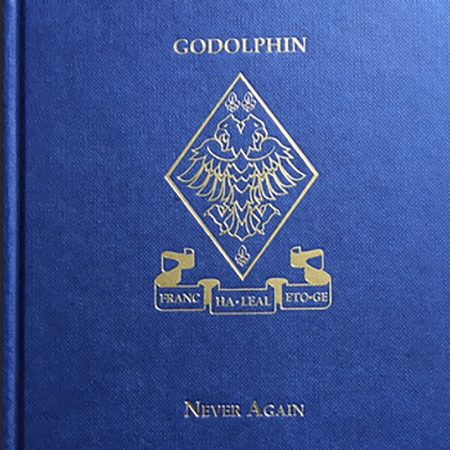
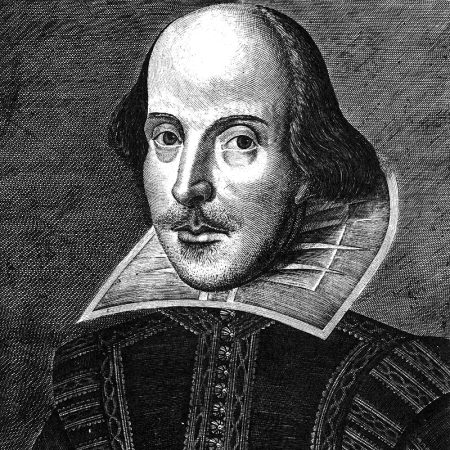
Richard Merriman, Headmaster, Foremarke Hall –
Wow! What a powerful volume. I really like the manner in which all has been gathered and presented; the history, superb, the poems and texts supporting brilliantly. Congratulations to Nicholas and all the team. This will be a seminal production and a must for many.
Sarah Wallace, Head of English, Highfield Prep School –
‘I think it’s a fantastic collection and historical record. A superb range and selection of poetry, historically detailed but not too factually heavy. A sensitive balance of themes and chapters. It definitely gets my thumbs up.
Patrick Derham, Head Master, Westminster School –
No one who fought in World War One is still alive. For the young people studying the ‘war to end all wars’ the horrific events of 1914-18 took place four generations ago. In the uncertain times we live in, the legacy of the war is still very much alive. It is important we never forget and this volume is an important contribution to the commemoration and to the ongoing debate about the true legacy of the war.